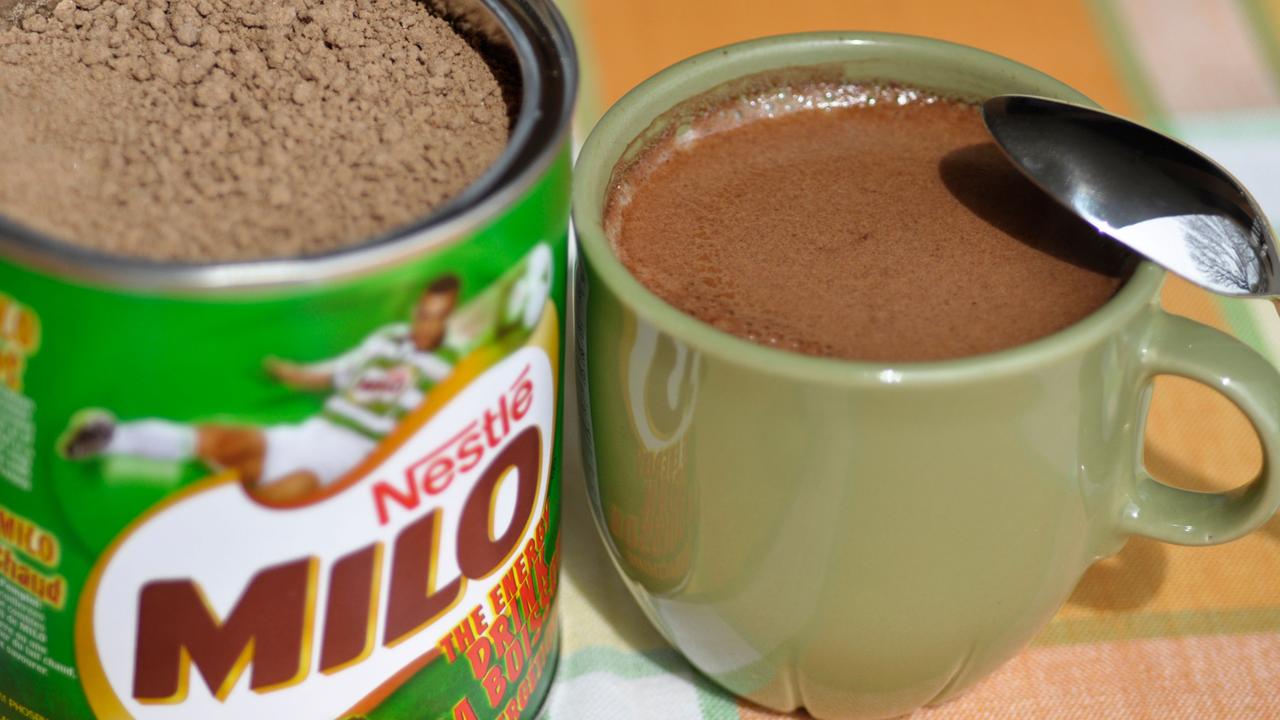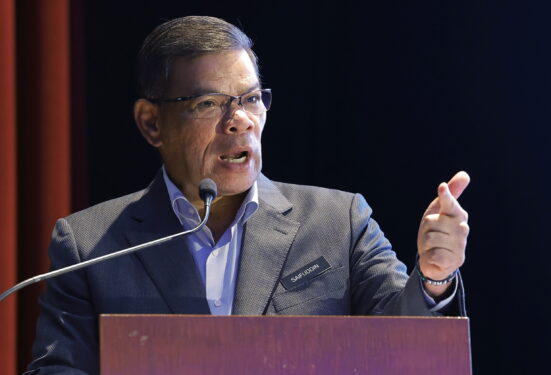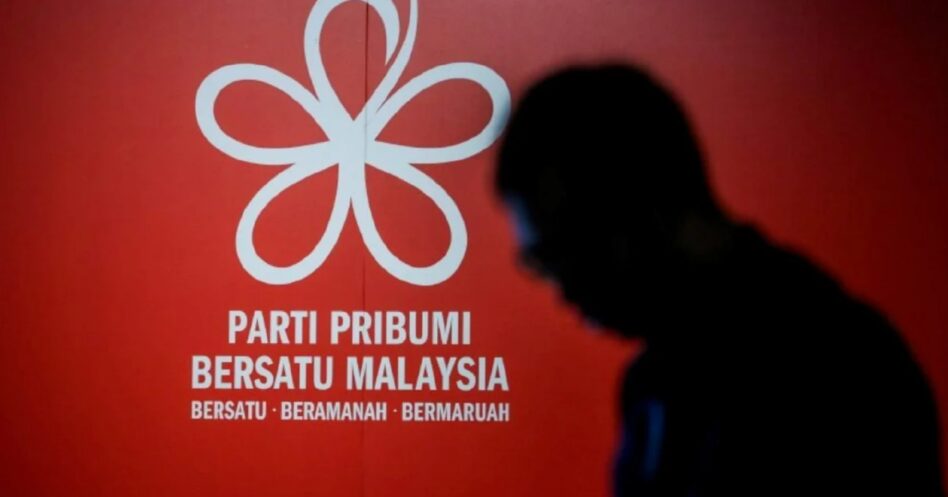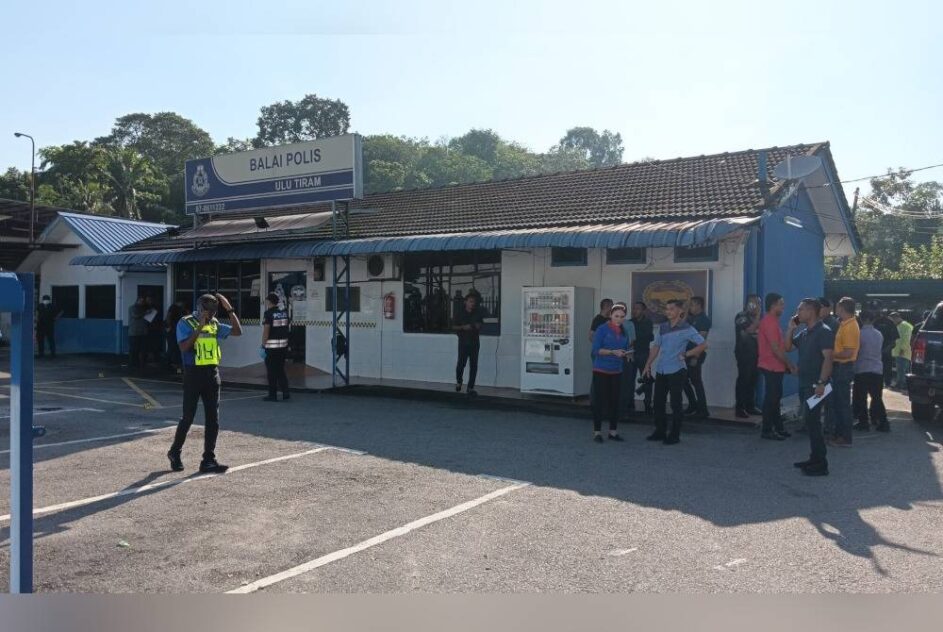THE COVID-19 pandemic has created health, social, business and economic crises across the globe.
Malaysia too has not been spared its impact and consequences. A large number of the rakyat have lost jobs and their sources of income, resulting in many facing severe financial difficulties.
This, in turn, has seen many families lacking basic needs of food and home and driving a number to take their own lives as they are pressed and pressured by this severe hardship.
Although the Government had announced the transition of the COVID-19 pandemic into an endemic, as demonstrated by fewer cases of COVID-19 infections and deaths, the hardships of many Malaysians still remain.
News reports of incidents of men and women stealing food and beverages, including Milo, and then being meted out punishments, such as jail-time, have caught the attention of Malaysians.
Many strongly feel that a more just and fair treatment or punishment could and should have been provided for these men and women who are desperate for food to survive, especially during these times of severe hardships.
Stealing milo – from 2016 and now
Headtopics.com reported on April 29 that a 31-year-old single father was sentenced to three months in jail for stealing 18 1kg Milo packets at KWC The Grocer in Asia City, Kota Kinabalu, Sabah. The father had confessed that he had stolen the Milo to sell as he needed money.
During mitigation, the father’s counsel, from the National Legal Aid Foundation, urged for leniency as his client was a single father and needed to look after his child.
And recently, a 43-year-old mother of four was sentenced to 14 months in jail for stealing two packets of Milo in a supermarket in Terengganu on May 25. It was reported that she was a repeat offender and a drug addict.
No mention was made as to whether she has a husband to support her or whether she has a job to earn an income to support her children and family.
Flashback to 2016, when Borneo Post reported that two men were each jailed for 10 months by the Magistrate’s Court for stealing six packets of Milo from a supermarket in Kota Kinabalu on April 16, 2016.
Meanwhile, Bernama reported an unemployed man was sentenced to 15 days in jail by the Magistrate’s Court in Kuala Lumpur on August 9, 2016, for stealing six Milo packets from a supermarket.
Additionally, the news agency reported that the accused, who was not represented, had a past record for 11 drug offences, a theft case and a robbery.
Disparities in sentencing
Although a maximum imprisonment period of seven years with the possibility of a fine as well has been determined for theft in Malaysia, sentencing disparities occur as trial judges are allowed to impose sentences entirely at their own discretion.
This is why different criminals received very different sentences for the same crime. For example, the 43-year-old mother was jailed for 14 months in May for stealing two packets of Milo, while the unemployed man was jailed for 15 days in 2016 for stealing six packets of Milo.
2016 was before the COVID-19 pandemic, while 2022 is a period of grave hardships for many Malaysians impacted by COVID-19.
It is within this context that many Malaysians feel the court should make a humanitarian decision and set aside a just and fair sentence for the mother of four and others facing hardships but who need bare necessities of food and beverages to just survive. This would reflect an act of kindness and compassion.
An article by Hunter College New York City Food Policy Centre spotlighted two questions that emerged from its two-month investigation on important societal questions – should food theft by an impoverished, hungry person be a crime, and why would someone steal when emergency food resources are available?
It shared cases from the Brooklyn District Attorney’s Office in which many petit larceny cases (stealing an item valued at US$1,000 or less) were being diverted before they arrive in court under a programme called Project Reset.
Meanwhile, Italy’s highest court, the Supreme Court of Cassation, has ruled that it isn’t a crime when someone in desperate need steals a small amount of food.
Recommendations for Malaysia:
Apply innovative approach
Malaysia’s judiciary should take a more innovative and compassionate approach for vulnerable groups desperate for food to survive by introducing new policies and practices, especially for cases involving food thefts, and adopting and introducing selected international best practices, such as Project Reset’s approach.
The concept of innovation, initially applied to enterprises and businesses, has now been used in other types of organisations, including in the justice system.
Judicial innovation is the effort to create better or more efficient products of justice, processes, services, technologies or ideas that are accepted by markets, Governments and society.
Enhance social innovation
It has been internationally and nationally recognised that although food aids are being offered by various sources, including NGOs and Government, these are often not known to a wider group, besides being sadly insufficient.
Thus, it is imperative for Malaysia to enhance social innovation, entailing the design and implementation of new solutions that imply conceptual, process, product or organisational change, which ultimately aims to improve the welfare and wellbeing of individuals and communities.
Simplify procedures for access to food banks
In Malaysia, many mosques, other places of worship and political service centres have food banks allocated in their vicinity for groups who need them. However, different processes and procedures are required to enable those in need to access them.
Some are easier to access compared to others. Thus, it is imperative for these food banks to simplify procedures to enable easy access to these food banks.
Furthermore, more awareness should be made regarding the availability of these food banks. For example, extend information to more vulnerable groups via social media and place posters at strategic locations such as bus stops and other suitable locations.
Enhance technological innovation
The Malaysia Digital Economy Corporation (MDEC) and Malaysian Communications and Multimedia Commission (MCMC) could lead efforts to develop a suitable application, similar to e-hailing applications, to indicate and list the locations of food banks spearheaded by the Government, NGOs and others.
This is so that those in need can locate the nearest food bank for them to access these items.
Additionally, these locations could be a useful reference for kind sponsors and donors to contribute to these food banks and food aid programmes.
With these recommendations, I hope that food thefts would and could be significantly reduced and fewer Malaysians who steal food to curb their hunger and that of their families are subjected to jail sentences. – July 31, 2022
Sheriffah Noor Khamseah Al-Idid Syed Ahmad Idid is an innovation advocate. She is also the co-author of the Innovation in the Judiciary – International Best Practices book with former High Court Judge Datuk Syed Ahmad Idid.
The views expressed are solely of the author and do not necessarily reflect those of Focus Malaysia.













